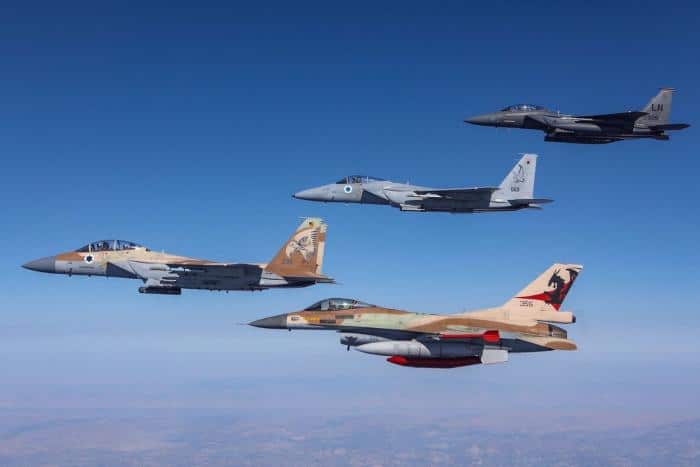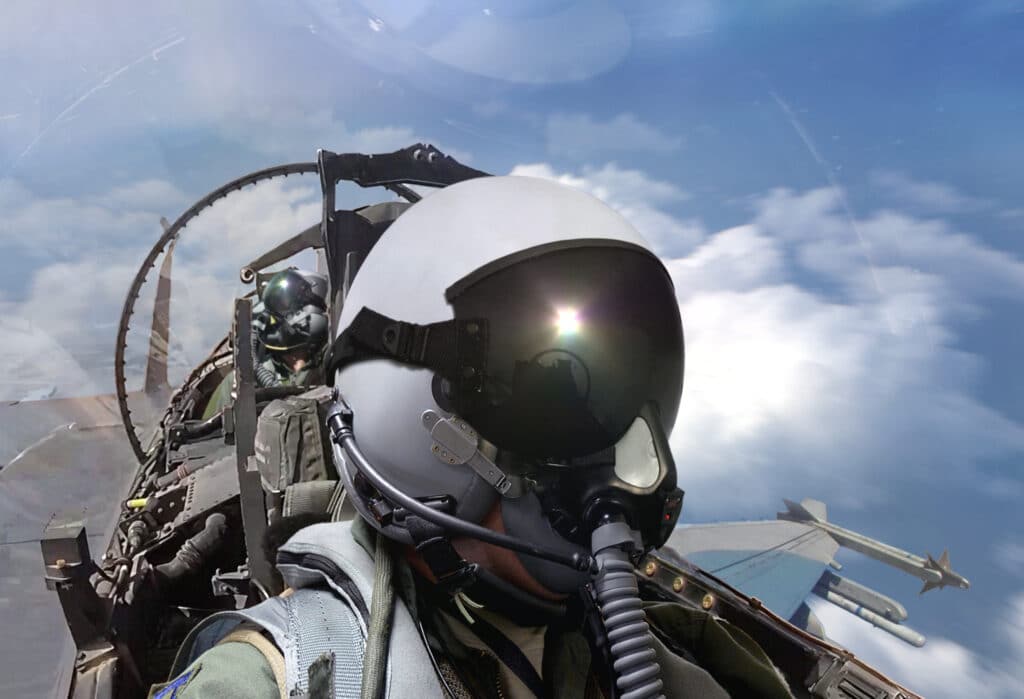As organizations across the globe struggle to keep populations healthy and businesses operational, a look at what combat pilots do to maintain high performance in crisis might offer helpful tools.
Debriefing is Critical - Especially in Crisis
It is not by chance that politicians and pundits are using the language of battle when describing their efforts to stop the spread of the coronavirus. A CNBC Op-Ed even suggested mobilizing the G7 and NATO in the fight. Many comparisons can be made between the current condition of the world as it fights to contain this pandemic, and a state of combat. People in combat – take combat pilots, for example, deal with high levels of stress, mental exhaustion, and pressure. But combat is also the time when they need to perform at their best.
How do combat pilots reconcile these competing conditions? Taking repeated time to learn lessons, even at the expense of sleep, is probably not the expected answer. Why would a combat pilot, at the end of a ten-hour flight day, take time to debrief – even in the middle of the night before another flight the next morning? Because it works.
To maximize performance in its routine operations, the field of combat aviation uses debriefing, a tool to quickly identify what to sustain or change. Debriefing provides a framework for focusing on one tangible improvement at a time, holding ourselves accountable, identifying lessons, and implementing them quickly. Even in times of combat and crisis, pilots still rely on the debriefing methodology to maintain high performance and continuously improve.
Debriefing in combat looks a little different, and presents potential lessons for businesses and governments to adopt in the current fight against COVID-19. One of the benefits of debriefing is that it is quick, and therefore suitable for environments where time is of the essence, like hospitals or fast growing startups. Time is particularly precious in combat, so debriefs are shorter and more frequent. Still, the insistence on debriefing even in crisis demonstrates the value of the lessons that debriefs produce.
Those lessons are critical not only for the individual pilot, but also for other members of the team, even for other departments. A lesson learned from one flight might require immediate, life-saving adjustments to be implemented in the very next flight – which might be flown by a different pilot. Furthermore, in crisis reality is changing so quickly that frequent debriefing shared across teams becomes a critical tool for communicating the most up-to-date information, especially among groups that may be unable to get together and communicate normally.

Debriefing Can Help in the Battle Against Coronavirus
Leaders in the private and public sectors stand to learn a lot from combat aviation debriefing practices. Flight is characterized by uncertainty, little room for error, variables that change fast, and the need to respond with almost immediate action. Companies and governments face similar conditions right now. They have moved to remote work with little preparation, and are battling a global crisis unfolding at record speed. They require a shift in strategy and new work routines to remain efficient and successful in this fight.
And in order to ensure those new routines are moving them in the right direction, companies and governments should debrief. Debriefing is the most effective way to continuously improve in a rapidly changing and time-starved environment. In a study published in the journal Human Factors, routine debriefing was shown to improve performance by up to 25%. In a 2020 study conducted at Emek Medical Center in Israel, regular debriefing by a hospital delivery ward team improved maternal and neonatal outcomes, while keeping costs and time down.
Combat pilots debrief to maintain, even improve, performance during crises. By implementing such techniques, individuals, companies, and governments can learn useful lessons quickly to help in the battle against the coronavirus pandemic.
